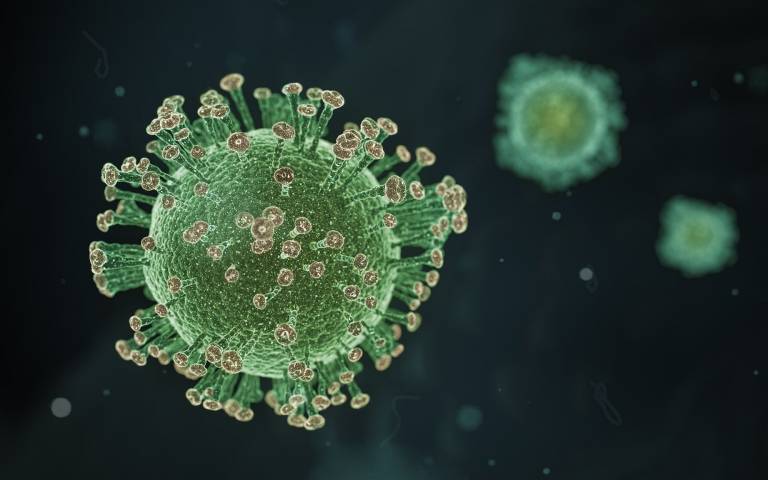Getting tested regularly for COVID-19
13 May 2021
Around 1 in 3 people have COVID-19 without displaying any symptoms and by getting tested regularly, you can help to reduce the spread of infection.

All students who have been studying remotely will be able to return to campus from Monday 17 May, according to the third step of the UK Government’s four-step roadmap to ease lockdown restrictions in England.
If you’re intending to return to campus, the Government’s advice is to get tested before you travel, and then twice a week when you return. We recommend that you take your first few tests at our on-site testing facility so that we can be on hand to help you should you need it – details are below. After that you may prefer to continue using the on-site facility or to use home-test kits.
There are a number of ways that you can get tested if you don’t have symptoms of coronavirus, wherever you’re based – find out more below.
Test yourself at home or at a local facility
If you’re living in England, you can order home-testing kits to be sent to your home, or can pick them up from a nearby collection point, including a local pharmacy. You can pick-up up to 2 packs of tests at a time, and each pack contains 7 devices, enough for 7 weeks’ supply. Find out more, including your nearest collection point, on the NHS website – there are also links to information if you live in Scotland, Wales or Northern Ireland.
When testing at home, ensure that you report your test results online to NHS Test & Trace whether positive, negative or void. Reporting results helps the NHS monitor the spread of the virus, combat the virus and save lives.
If you’re on campus
If you’re living and working on campus, you can use UCL’s testing facility at Bidborough House – a short walk away from campus on Euston Road, opposite the British Library. Tests are free – you just have to book a slot and turn up at the appointed time, with your student ID and face covering. Find out more and book your test on the UCL website.
Take a tour of Bidborough House with Carol Paige, Democracy, Operations and Community Officer from Students’ Union UCL.
Surge testing - what do I need to know?
The UK Government is using “surge testing” in some areas to monitor and respond to new, more contagious variants of COVID-19. Surge testing uses Polymerase Chain Reaction (PCR) tests that are processed in a laboratory, which uses genomic sequencing to check any positive results and identify which virus is from which variant.
Find out more, including whether surge testing is taking place near you, on the Gov.uk website.
 Close
Close

